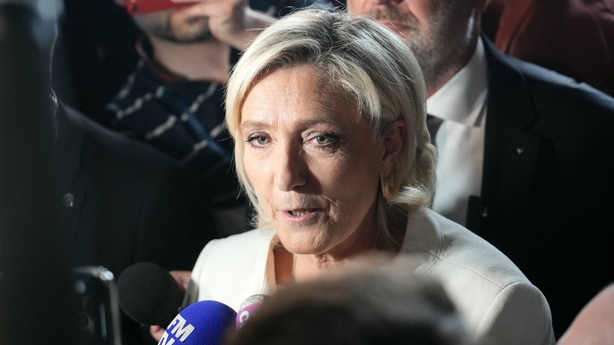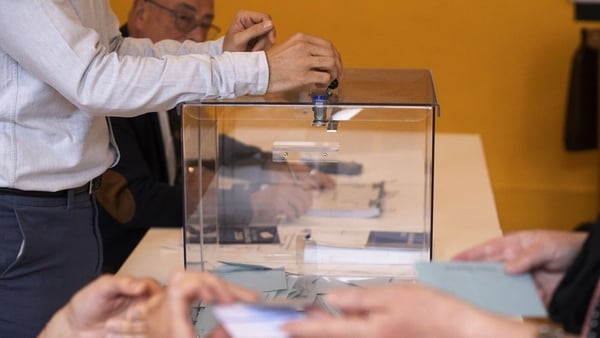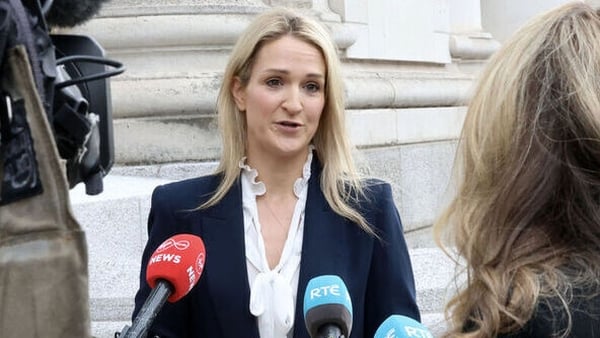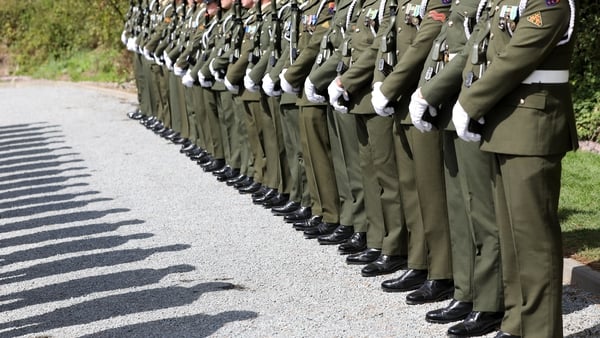The surprise outcome of the French election shows that there can be dramatic change between the first and second rounds - change that the electorate are well used to.
The general view is that in the first round you choose your preference and in the second you can eliminate the candidate you don't want.
"These elections showed that happens," said Nabila Ramdani, a French-Algerian journalist and author of 'Fixing France - How to Repair a Broken Republic'.
"In the first-round people let off steam, express frustration and vent the anti-establishment sentiment.
"But in the second round consciousnesses kicks in and people realise that perhaps a country like France, which is the birthplace of human rights, is not best placed to elect its first far-right government since the second world war."

However, Ms Ramdani also believes the success of Marine Le Pen’s National Rally should not be under-estimated, despite coming third in this election.
She said while there was huge disappointment within the National Rally and among millions of its voters, the number of seats rising from 89 to 125 shows success for a party that was once on the fringes of political circles.
"It means it will certainly be used by a springboard for Marine Le Pen to challenge for presidency in 2027 when Emmanuel Macron will have to step down," she said.
The political deadlock that has set in, because of no party securing an absolute majority, could remain for some time. So far, very little is being said about possible alliances.
The focus appears to be on what has been achieved in blocking the far right.

Ms Ramdani said the fact there is no clear majority means there is no danger of a so called "cohabitation" which obliges the President to work with a government he "may well despise".
The power rests with the President and for now he is keeping the status quo to ensure stability.
However the risks associated with a hung parliament could be detrimental, not just to the economy. Ms Ramdani warns that with possibly months of paralysis, it could increase "social problems in a country that is "used to violent dissent."
She believes there will be a lot of uncertainty ahead with already huge deployment of police across cities ahead of these results, regardless of the outcome.
"What these elections have exposed is complete disunity," she said.
Read more:
Coalition negotiations to begin as France shifts to the left
Concern in Paris over surge of rural far right support





